Putin does like to spring a surprise. The first hour or so of his state of the nation address yesterday was the usual fare: Russia standing tall again, measures to address poverty, encouraging larger families. So far, so cut and paste. Then suddenly he dropped a series of constitutional bombshells: tougher presidential term limits, more powers for both parliament and the prime minister. Within three hours, prime minister Dmitry Medvedev was clearing his desk, and we had a sense of the shape of Russia after Putin’s presidency.
Which is not, by any means, Russia after Putin. His current term ends in 2024, and although no one doubted he could stay on if he wanted, regardless of term limits, the real question was whether he truly wanted to. In recent years, even as his international stature as geopolitical bad boy has grown, he has seemed increasingly detached from the humdrum challenges at home: economic diversification, demographic decline, pension reform and even the politics of refuse disposal.
He is, however, in the classic trap of any authoritarian strongman (or, indeed, any mafia don): when your wealth, status and above all security depend on your position, how can you step down or even back?
Putin’s answer seems to be to create a new ‘father of the nation’ role for himself and a new constitutional basis for it, granting him the continued opportunity to intervene in politics when he feels his interests or legacy at risk, but without all the tedious necessities of actually running the country.
First of all, having created a hyper-presidential system with virtually unlimited power in the hands of the master of the Kremlin, he needs to weaken it. He cannot afford to have so potent a successor. Thus, he proposed shifting more responsibilities to the prime minister, and giving parliament not president the right to select the premier and other ministers.
Secondly, the State Council – currently a purely advisory body of regional governors – will be completely revamped and empowered. The implication is that this will be made into a congenial berth for a post-presidential Putin, with a new role as chairman of the State Council that, incidentally, would not be subject to constitutional term limits.
The third dilemma still stands: on whom to bestow the presidency? Even in its new form, this will remain a powerful position, and thus a potential threat. From Zeus killing Kronos to Kylo Ren cutting down Han Solo, there is enough of a pedigree of parricides to worry this most risk-averse father of the nation.
Shortly after Medvedev’s did-he-fall-or-was-he-pushed resignation, Putin announced the new prime minister: Mikhail Mishustin. And a cry of ‘who?’ echoed across the Russia-watching community. Mishustin was top of no one’s list (except for the one that counted), for ten years the head of the tax service, with a background in business.
Competent, managerial, he is the acme of the technocratic appointment, someone who can help make Russia’s administrative machine work more efficiently (he is a big fan of e-government and, in fairness, did wonders revamping the tax service). What he is not is any kind of a political challenge to Putin, but nor is he a credible successor. Instead, he is an uncontroversial placeholder, a fitting successor to Medvedev.
Who, after all, has been rewarded, after years of being Putin’s obedient factotum and the scapegoat for whatever goes wrong, by being offered a job that doesn’t yet even exist. Of course, there is a limit to what one can read from TV images, but his somnolent slump in the first half of Putin’s speech didn’t suggest he knew what was coming – and his stony demeanour at the end didn’t look like the joyful embrace of new challenges. Some of his ministers have been even more candid, admitting they had been given no hint of what was to come.
As is, Medvedev has been offered a newly-invented position as deputy chairman of the Security Council. The Security Council is a serious body, but its real work is handled by its secretariat behind the scenes. Putin, as chairman, just invigilates periodic and essentially formal meetings, while the council secretary, Nikolai Patrushev – a KGB veteran who makes his boss look dovish – does the real work. Patrushev is not the sort to defer to Medvedev, and so the ex-PM is really being offered the chance to be deputy-figurehead.
Of course, there are still years to go, and Putin is an improviser and opportunist. He may yet change his plans, but this does suggest that other potential scenarios, from staying on as president to annexing neighbouring Belarus and becoming head of a joint state, have been shelved. But to finish the job, Putin – not a man who trusts easily – will still have to find a successor who looks capable enough to do the job, but loyal enough to remember who gave it to him.
At the start of 1996, Putin was a relatively obscure deputy mayor of St Petersburg. People looking for a successor to ailing, boozy Boris Yeltsin had much the same wish list then as he has now, and within less than four years, Putin was president. Now, four years out, Putin is looking for his own Putin.
Got something to add? Join the discussion and comment below.
Get 10 issues for just $10
Subscribe to The Spectator Australia today for the next 10 magazine issues, plus full online access, for just $10.

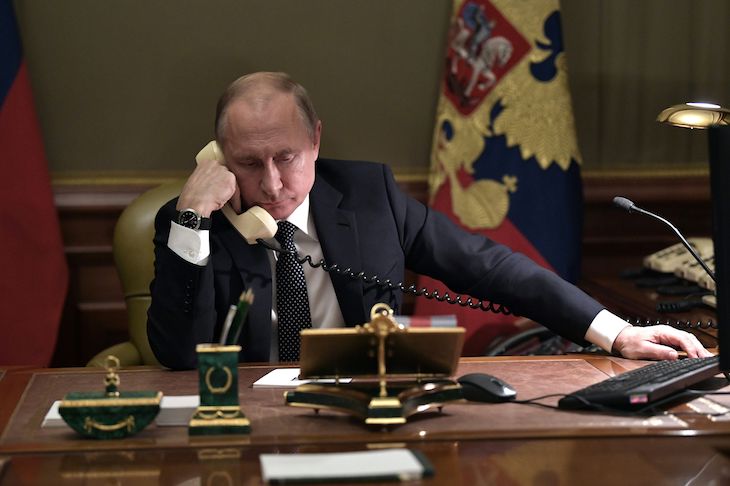
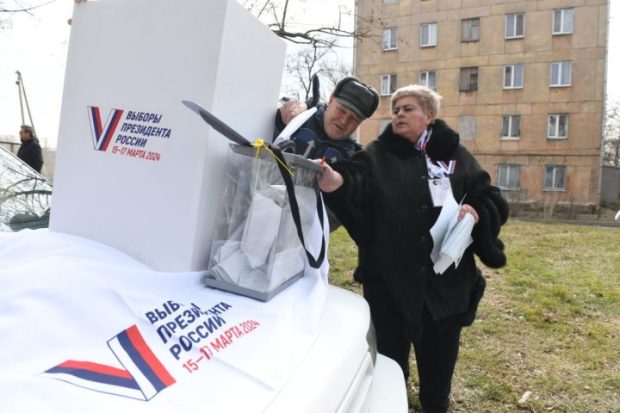

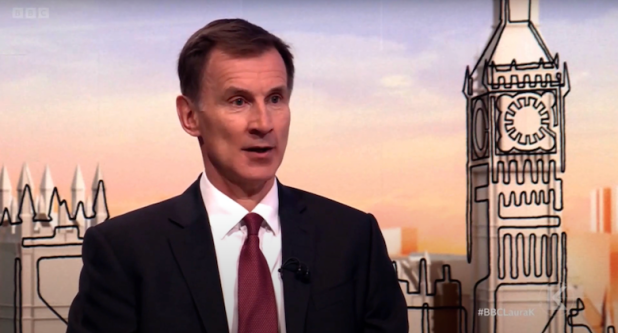
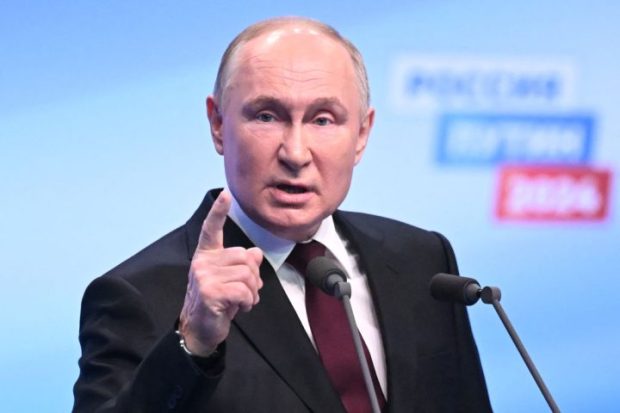
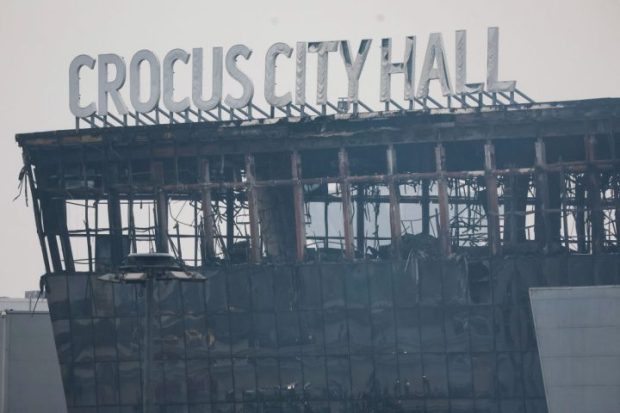
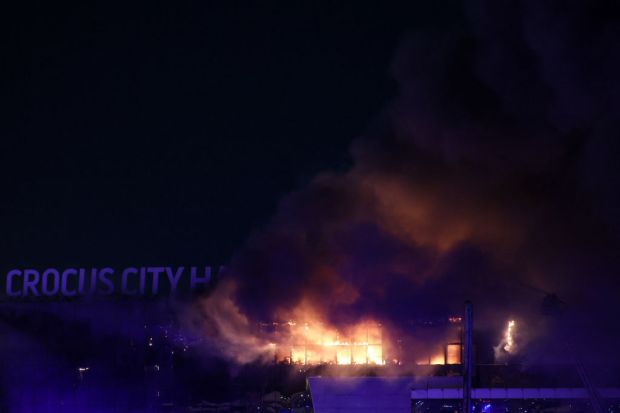












Comments
Don't miss out
Join the conversation with other Spectator Australia readers. Subscribe to leave a comment.
SUBSCRIBEAlready a subscriber? Log in